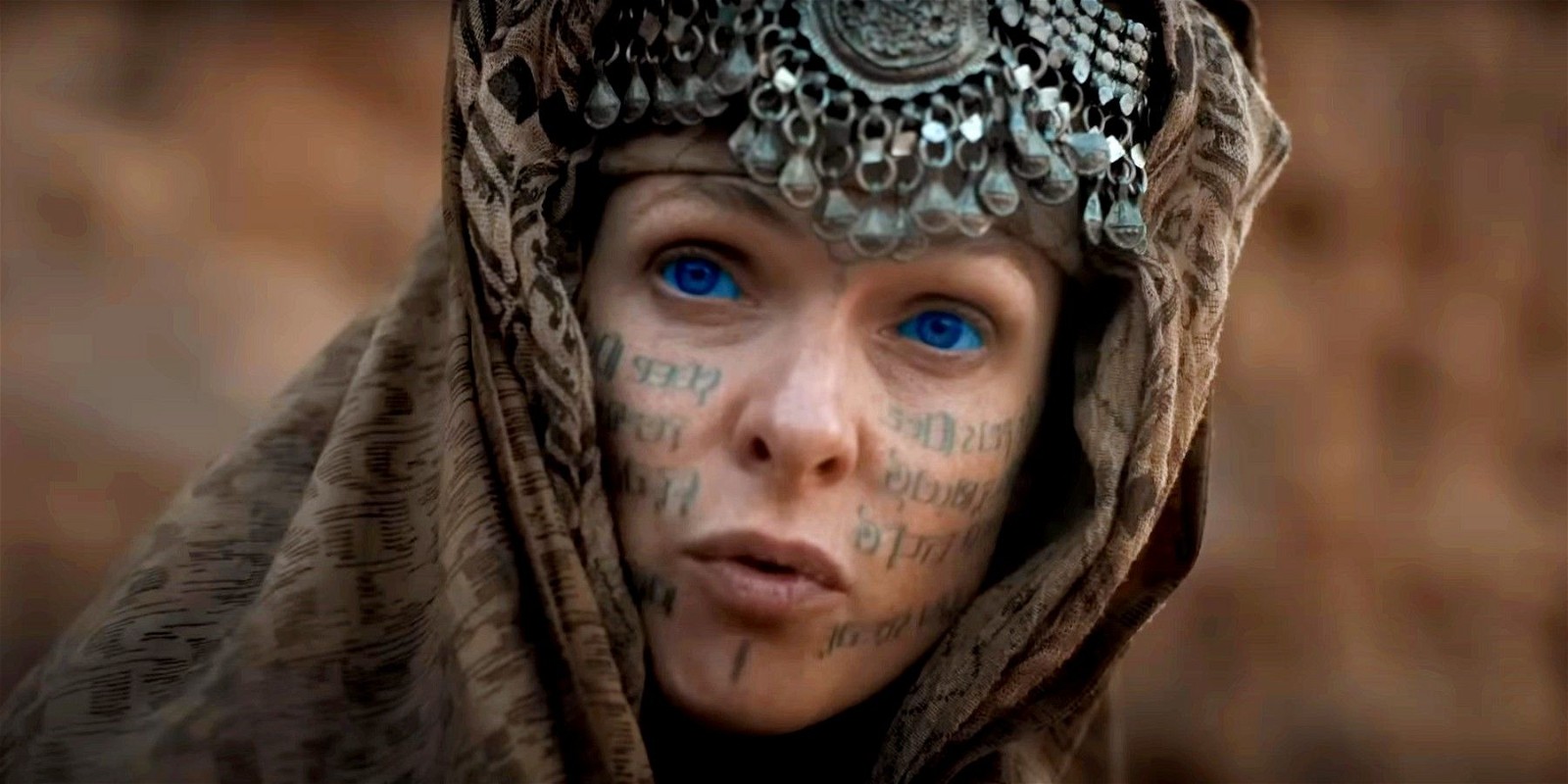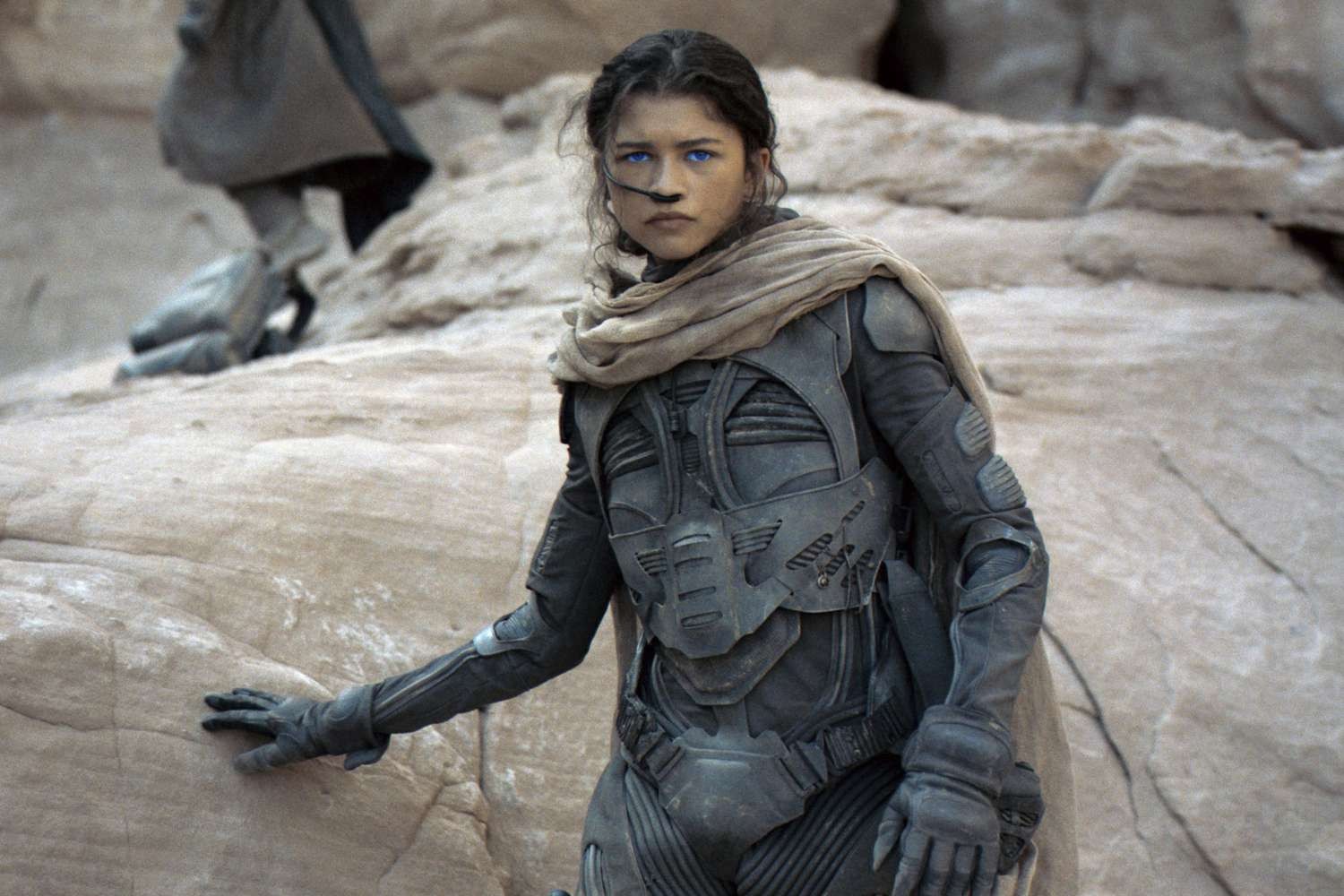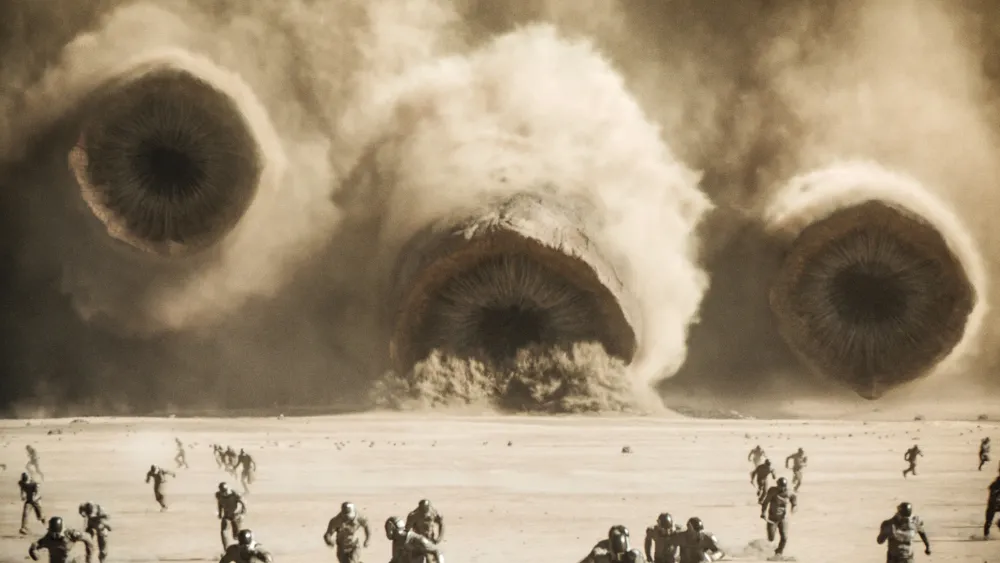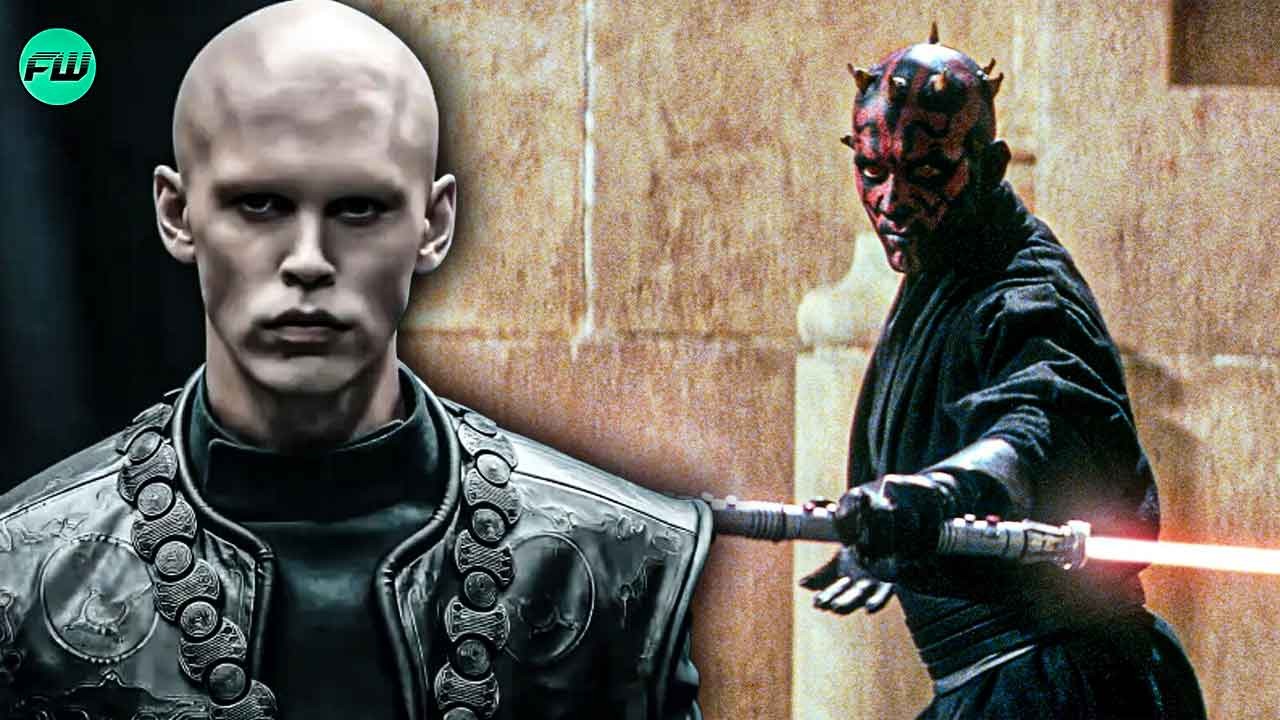Dune is one of the most widely celebrated fantasy series in recent times. Being based on the 1965 series by Frank Herbert, the Denis Villeneuve adaptation has been a near-perfect masterpiece. Although, the emphasis on the ‘near’ in ‘near-perfect’ cannot be ignored. Much can be lost to the floors of the writers’ room when something is being adapted onto a different medium, especially when the source material was written almost eighty years ago.

A lot can change over such a huge period. Societies can become unrecognizable, and moral requirements can drastically shift. This is one of the biggest reasons why huge creative liberties are taken when adapting something so old.
Despite this, it is surprising to find out that the new version of the story has lesser representation than the original. It would seem that the very thing that Herbert was critiquing in his book, is what Villeneuve’s story has become.
Appreciation or Appropriation?
Frank Herbert’s Dune series has a reputation for being difficult to adapt due to how complex its themes are and how well thought out the story is. This is why it was expected that when Denis Villeneuve was adapting it to the screen, some changes would be made to its story. However, what fans of the books did not expect was the evident lack of representation that the films would have of the culture of the people who laid the foundations of its story. ‘

The books have found a huge fanbase in the Middle Eastern or North African communities (MENA) due to the story being based on their cultures. The writer famously took inspiration from Islamic, Turkish, and Persian cultures for its world-building; with many names, languages, and characters being affected by this influence.

Unfortunately, as soon as the trailer for the first film came out, it was evident that all of these themes had been watered down and there was a very big, MENA-sized hole, missing from Villeneuve’s films.
Dune Has Turned Into The Very Thing Frank Herbert Detested
After watching the two films, many claimed the film to be white-washing the story. The original most beautifully shaped the lives of its characters based on a culture that is rarely seen in media in a positive light. Frank Herbert had been very vocal about how the Islamic culture had influenced his writing.
Quotes were often made from Islamic/Christian scripture. The Quran has been used to build the base for the religious beliefs in the world and many characters as shown to be religious in a similar manner.

Despite having their entire fictional world built on these cultures, they could not fully commit to them; shying away from the people who laid the foundations of their story. There are no Arabic actors in the main cast of either of the films and all the themes seem to have gotten lost in the translation from text to screen.

“There is no escape—we pay for the violence of our ancestors.” wrote Herbert in Dune.
What makes the entire situation all the worse is the fact that one of the biggest criticisms that Herbert reflected in the books was his disdain for white imperialism and the chaos it leaves behind. The anti-colonial message was a central theme for the entire story, which makes it extremely ironic that ‘white-washing’ is a criticism used towards an adaptation of the books.




